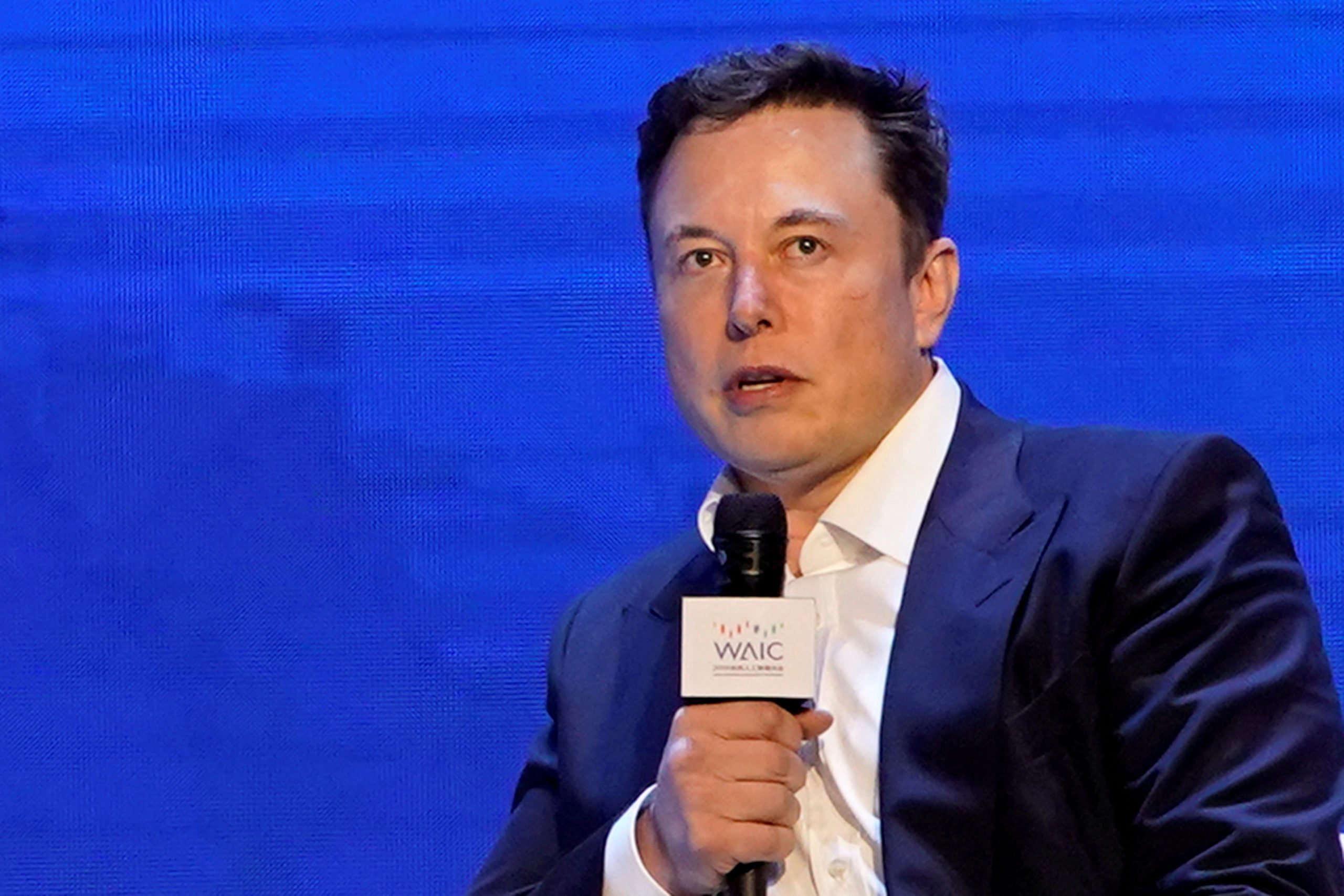Italy has become the first country to ban conversational artificial intelligence (AI) program Chat GPT after a directive from the country’s privacy regulator citing concerns that data is being stored and collected incorrectly.
The country’s data protection authority, GPDP, published a press release Friday alleging that Chat GPT was in breach of privacy laws. The GPDP release bans the chatbot and threatens to impose a “fine of up to EUR 20 million or 4% of the total worldwide annual turnover,” unless OpenAI — the company behind ChatGPT — takes action within the next 20 days. The watchdog group says OpenAI has no age verification process in place and exposes “children to receiving responses that are absolutely inappropriate to their age and awareness.”
The release also expresses concern that all the information produced by the chatbot is not always factually correct.
Chat GPT is not the first AI Italy has taken legal action against. The country previously banned conversational AI program Replika over allegations of sexual harassment and risk to minors. (RELATED:ChatGPT Wrote A Poem For Joe Biden, But Not For Trump)
Italy’s recent action stems from what GPDP describes as as a data breach dating back to March 20th that put users who paid for the premium subscription to ChatGPT 4 at risk.

FILE PHOTO: FILE PHOTO: Tesla Inc CEO Elon Musk attends the World Artificial Intelligence Conference (WAIC) in Shanghai, China August 29, 2019. REUTERS/Aly Song/File Photo/File Photo
Earlier in the week, Twitter CEO Elon Musk joined with Apple Co-Founder Steve Wozniak, former presidential candidate Andrew Yang, and others in an open letter to Open AI and other developers. The letter warns that AI can ” pose profound risks to society and humanity, as shown by extensive research.”
Open AI did not immediately respond to the Daily Caller’s request for comment.


